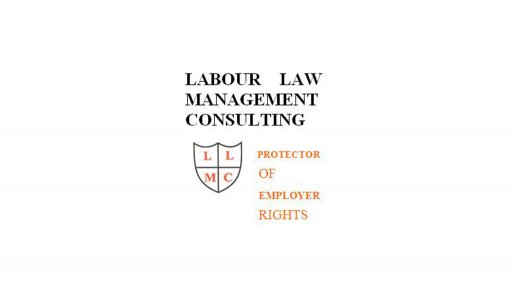
As employees become more confident of the protection they get from the CCMA they have tended to be less subservient. This can result in employees refusing to obey their superior’s instructions. For the employer such insubordination a nightmare. This is especially so where the employer is ill-equipped to deal with insubordinate employees.
WHAT IS INSUBORDINATION?
The Collins Concise Dictionary defines “insubordinate” as “not submissive to authority, disobedient or rebellious”. It is the refusal of an employee to bow to the authority exercised reasonably by the employee’s superior.
INSUBORDINATION VS DISRESPECT
Insubordination applies only upwards and can only be perpetrated by a junior towards a senior. Disrespect, on the other hand, can apply upwards and downwards. For example, it would be disrespectful for a manager to shout at an employee and tell him/her to ‘get out of the office’.
WHAT IS A REASONABLE INSTRUCTION?
In my view a reasonable instruction is one that:
- The employee is capable of carrying out and
- Involves a task that is not substantially beneath the employee and
- Does not infringe the rules of the employer or the laws of the country and
- Involves a task that truly needs to be done.
For example, if the boss tells the Human Resources Manager to repair the faulty elevator the HR Manager might be entitled to refuse because The HR Manager is being required to carry out a task:
- That is completely outside the sphere of the HR Manager’s duties
- Outside of the HRM’s capabilities
- That, if carried out by the HRM, could result in danger to users of the elevator.
However, telling the HRM to conduct recruitment interviews because the HR Officer is in hospital would, in most cases, be both legal and reasonable.
WHEN A CHARGE OF INSUBORDINATION IS NOT APPROPRIATE
Insubordination is not the same as poor work performance. That is, poor work performance relates to how badly the employee has performed work or missed deadlines. While poor work performance can sometimes be wilful there is usually some work that is done albeit badly and the poor performance occurs regardless of whether the employee has been given an instruction. On the other hand Insubordination means the employee’s refusal to obey a specific instruction whether the instruction relates to work performance or not.
Employers confuse these two concepts at their peril. For example, in the case of Fourie vs Capitec Bank (2005, 1 BALR 29) the employee was dismissed for insubordination. The dismissal decision was influenced by the fact that the employee had previously received a final warning for poor work performance. The arbitrator found the dismissal to be unfair because these were not two like offences.
Also, an employee might fail to carry out an instruction because:
- The equipment used is really faulty
- The employee truly does not have the required skill
- The employee is genuinely disabled
These examples do not amount to insubordination because the employee is not refusing to carry out the instruction.
To watch a preview of our CORONA VIDEO RESPONSE KIT please go to https://www.cumulusblue.tech/Promo.php
Written by Ivan Israelstam, Chief Executive of Labour Law Management Consulting. He may be contacted on (011) 888-7944 or 0828522973 or on e-mail address: ivan@labourlawadvice.co.za. Go to: www.labourlawadvice.co.za